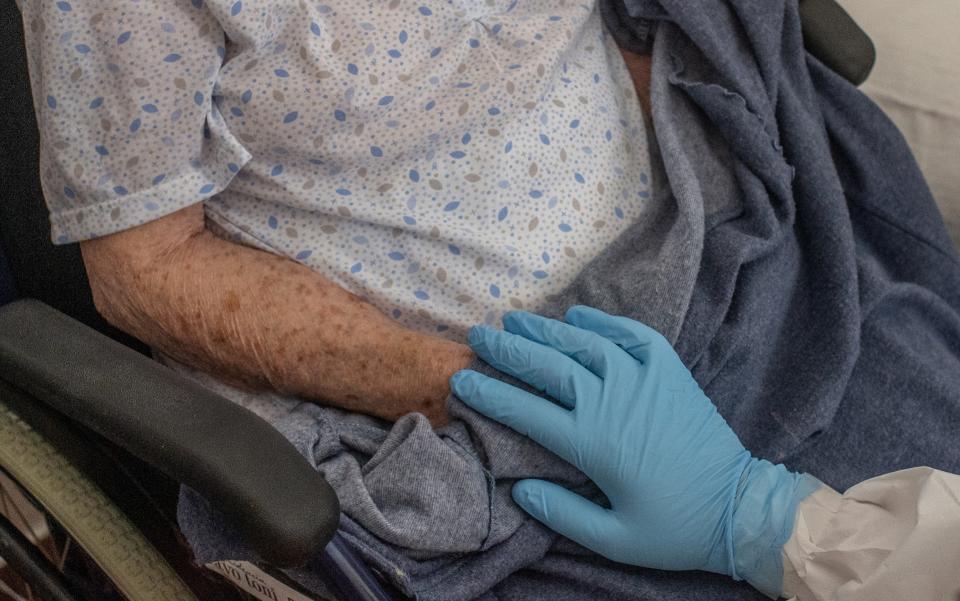Neanderthal gene linked to fatal form of coronavirus

People who have inherited a set of genes from Neanderthals could be at a much higher risk of dying from Covid-19, scientists have claimed in a new study.
Last month, a study of more than 3,000 hospitalised coronavirus patients in Spain and Italy found that people with a particular strand of genes on Chromosome 3 were far more likely to overreact to the virus and develop a severe form of the disease.
The study found that those with the genetic signature were 70 per cent more likely to need a ventilator than patients who did not have the genetic code.
Now a new study by Swedish and German researchers says that this strand of genes was inherited from Neanderthals, tens of thousands of years ago.
However, researchers have said the link between the genes and developing a severe form of the virus is not crystal clear yet.
“One should stress that at this point this is pure speculation,” one of the authors of the study, Svante Pääbo, the director of the prestigious Max Planck Institute for Evolutionary Anthropology in Germany, told the New York Times.
Neanderthals died out some 40,000 years ago. However, as Homo sapiens spread out of Africa into Europe and Asia some interbred with Neanderthals, meaning bits of Neanderthal DNA have lived on to the present day.
Researchers say that this particular segment is most common in South Asia, where almost a third of people have inherited it. It is particularly common in people from Bangladesh.
In Europe, the US and East Asia, far fewer people have inherited the DNA segment. Only 8 per cent of Europeans and just 4 per cent of Americans have the genes in question, according to data gathered from the 1000 Genome Project.
In Africa, the genetic sequence is almost entirely absent.

